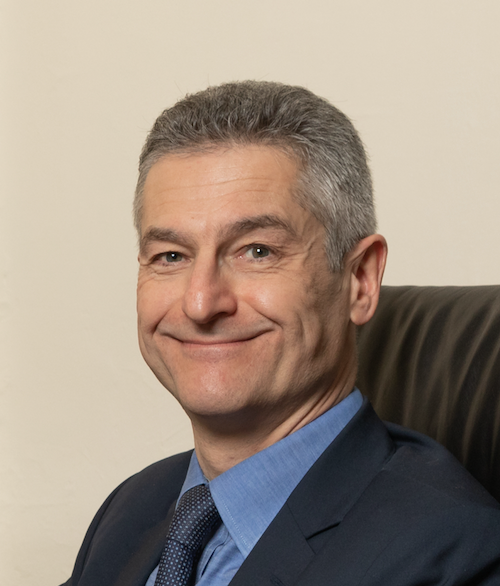| J Womens Health (Larchmt). 2007 Apr;16(3):361-9. | Related Articles, Links |

The association between soy nut consumption and decreased menopausal symptoms.
Welty FK, Lee KS, Lew NS, Nasca M, Zhou JR.
Division of Cardiology, Beth Deaconess Medical Center, Boston, Massachusetts 02215, USA. fwelty@bidmc.harvard.edu
BACKGROUND: Epidemiological studies suggest a low incidence of hot flashes in populations that consume dietary soy. The present study examined the effect of soy nuts on hot flashes and menopausal symptoms. METHODS: Sixty healthy postmenopausal women were randomized in a crossover design to a therapeutic lifestyle changes (TLC) diet alone and a TLC diet of similar energy, fat, and protein content in which one-half cup soy nuts divided into three or four portions spaced throughout the day (containing 25 g soy protein and 101 mg aglycone isoflavones) replaced 25 g of nonsoy protein. During each 8-week diet period, subjects recorded the number of hot flashes and amount of exercise daily. At the end of each 8-week diet period, subjects filled out the menopausal symptom quality of life questionnaire. RESULTS: Compared to the TLC diet alone, the TLC diet plus soy nuts was associated with a 45% decrease in hot flashes (7.5 +/- 3.6 vs. 4.1 +/- 2.6 hot flashes day, respectively, p < 0.001) in women with >4.5 hot flashes/day at baseline and 41% in those with <or=4.5 hot flashes/day (2.2 +/- 1.2 vs. 1.3 +/- 1.1, respectively, p < 0.001). Soy nut intake was also associated with significant improvement in scores on the menopausal symptom quality of life questionnaire: 19% decrease in vasomotor score (p = 0.004), 12.9% reduction in psychosocial score (p = 0.01), 9.7% decrease in physical score (p = 0.045), and a trend toward improvement in the sexual score, with a 17.7% reduction in symptoms (p = 0.129). The amount of exercise had no effect on hot flash reduction. CONCLUSIONS: Substituting soy nuts for nonsoy protein in a TLC diet and consumed three or four times throughout the day is associated with a decrease in hot flashes and improvement in menopausal symptoms.
Publication Types:
- Controlled Clinical Trial
- Randomized Controlled Trial
- Research Support, N.I.H., Extramural
- Research Support, Non-U.S. Gov’t
PMID: 17439381 [PubMed – indexed for MEDLINE]


